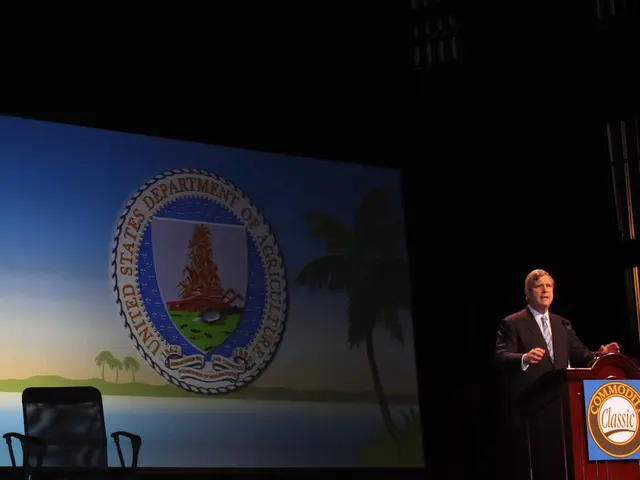Bronx Science Students Revive Shakespeare Dramatically in the 2025 English Speaking Union's Shakespeare Contest
On January 30th, 2025, the Bronx Science English Department hosted its annual Shakespeare Competition, where fourteen students from across all four grades showcased their talents. The competition, a platform for students to demonstrate their understanding and interpretation of the Bard's works, was a testament to the comprehensive preparation that competitors undergo.
Preparation for the competition involves a multi-faceted approach. Students begin by immersing themselves in the background of the play, exploring the characters' motivations, the broader themes, and the historical context of Shakespeare’s time. This helps them to develop a nuanced and authentic performance.
Competitors then work through the Early Modern English text to make it understandable and relatable. This process involves parsing archaic words and meanings, identifying the objectives behind each line, and sometimes consulting multiple interpretations or recordings.
Beyond literal understanding, students focus on delivering a performance that captures the emotional depth and subtlety of Shakespeare’s characters. This includes experimenting with tone, pacing, and physicality. Competitors often rehearse repeatedly to refine their objectives for every line, ensuring each word advances the character's arc or the scene's tension.
Additional preparation strategies include watching live or recorded Shakespeare performances, engaging in theater workshops or clubs, and collaborating with teachers or mentors. These strategies help students to build acting skills, confidence, and familiarity with performance conventions.
The competition allows competitors to observe each other's performances and learn from them. This year, Olive Forman-Sarno '26 emphasized the importance of speaking Shakespeare's words slowly and deliberately in the moment. Evan Norat '26 performed a hilarious version of the porter's drunken monologue from Macbeth, while Lahana questioned Portia's view that we must not only accept mercy, but also redefine justice as a balance between its opposite ends.
The competition culminated in the announcement of the winners. Lucienne Beaubien-Paulson '26 emerged as the winner, with Harper Quill '28 as runner-up. However, it was Ruby Lahana '27 who stole the spotlight. Not only did she participate in the competition, but she also won First Place in the 2025 I AM Shakespeare National Sonnet Writing Competition. Her sonnet, an ode to her mother, was a testament to her ability to tie themes of Shakespearean works into her own life, particularly the concept of mercy and justice from The Merchant of Venice.
In an interview, Lahana shared that she was inspired by Shakespeare's ability to convey intense emotions through writing. She believes that Shakespeare's style allows for prolific production within the 10-syllable iambic pentameter. The sonnet form, with its rhythmic precision and thematic flexibility, has become a timeless blueprint for literary expression.
As the curtain falls on another successful Shakespeare Competition at Bronx Science, it is clear that the students' dedication and passion for Shakespeare's works continue to shine brightly.
[1] "How to Prepare for a Shakespeare Audition." Shakespeare Online. https://www.shakespeare-online.com/articles/shakespeareaudition.html [2] "The Importance of Understanding Shakespeare." The English Journal. https://www.ncte.org/library/NCTEFiles/Resources/Journals/ELA/800314_ELA.pdf [3] "Preparing for a Shakespeare Audition." Backstage. https://www.backstage.com/magazine/careers/how-to-prepare-for-a-shakespeare-audition/
- The students' preparation for the Shakespeare Competition involves delving into the psychology of the characters, understanding the cultural context, and experimenting with various features of education-and-self-development, aiming for personal growth and mastery in learning.
- A significant part of their preparation process includes parsing archaic language, exploring themes, and honing their performance skills through physicality, tone, and pacing, backed by workshops, clubs, and guidance from teachers or mentors.
- The competition not only nurtures their learning but also creates a platform for sharing, learning from others, and embracing personal development, as demonstrated by Lahana, who blended her own experiences with Shakespearean themes in her winning sonnet, showcasing her profound understanding and recognizing the enduring value of Shakespeare's works for personal growth.








